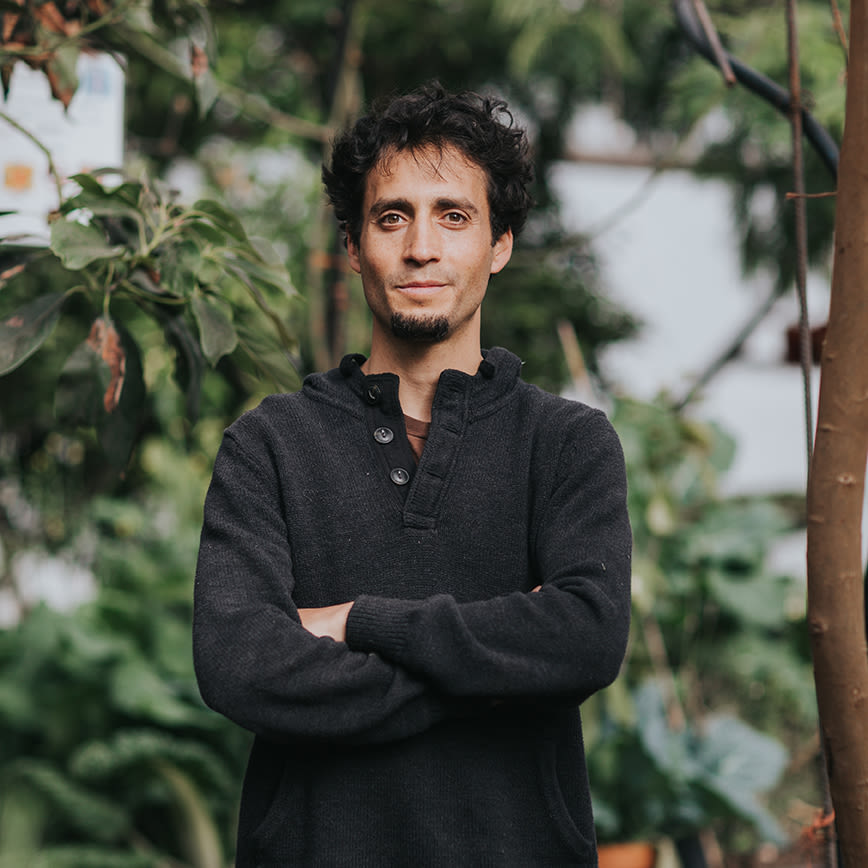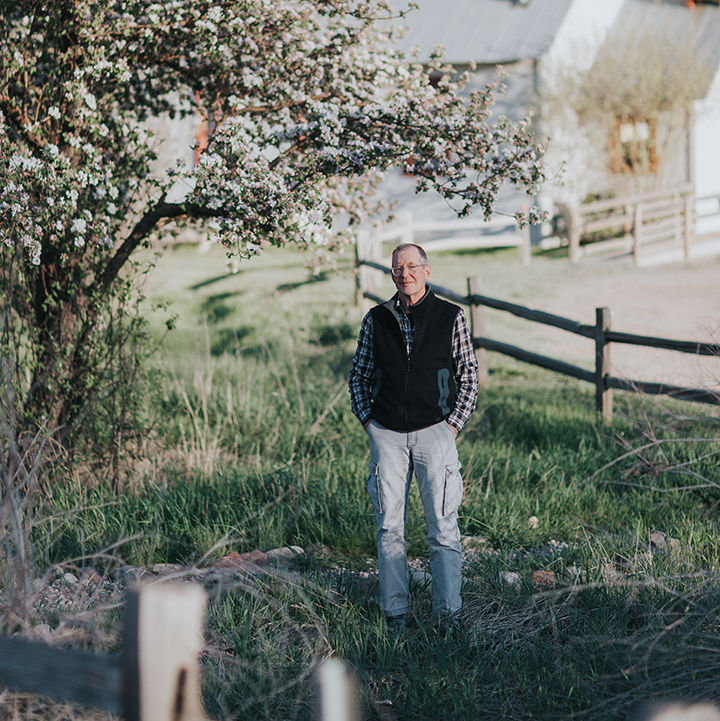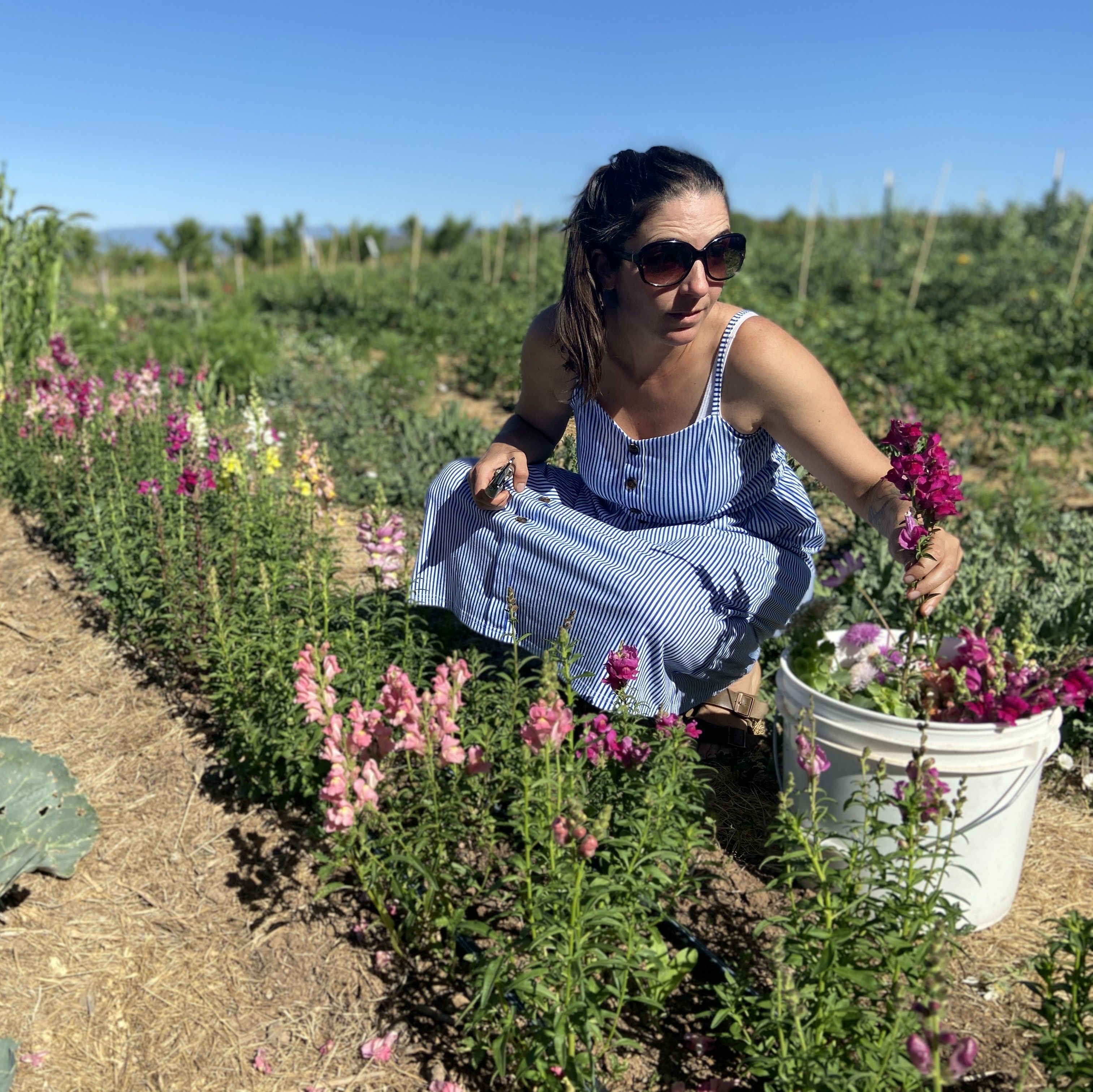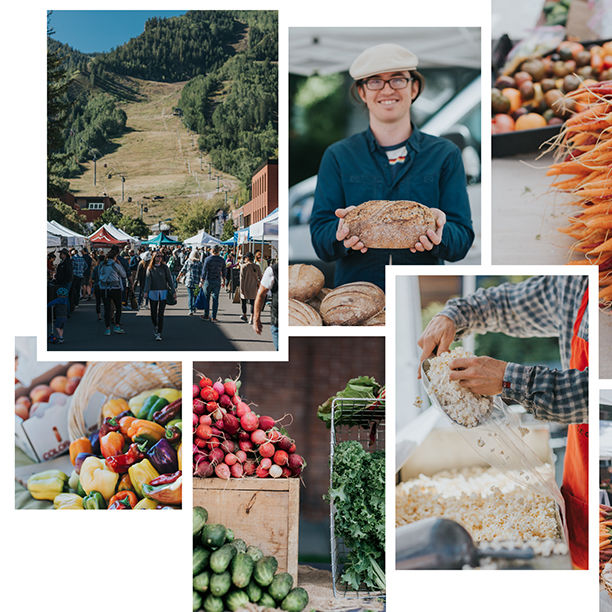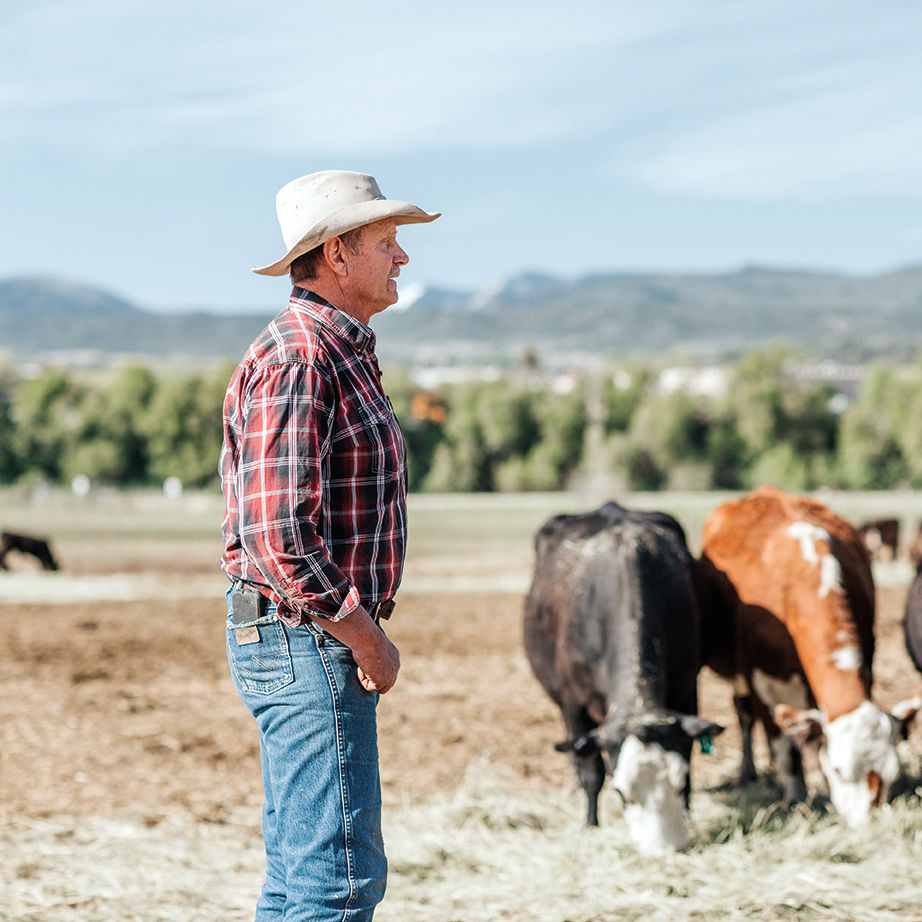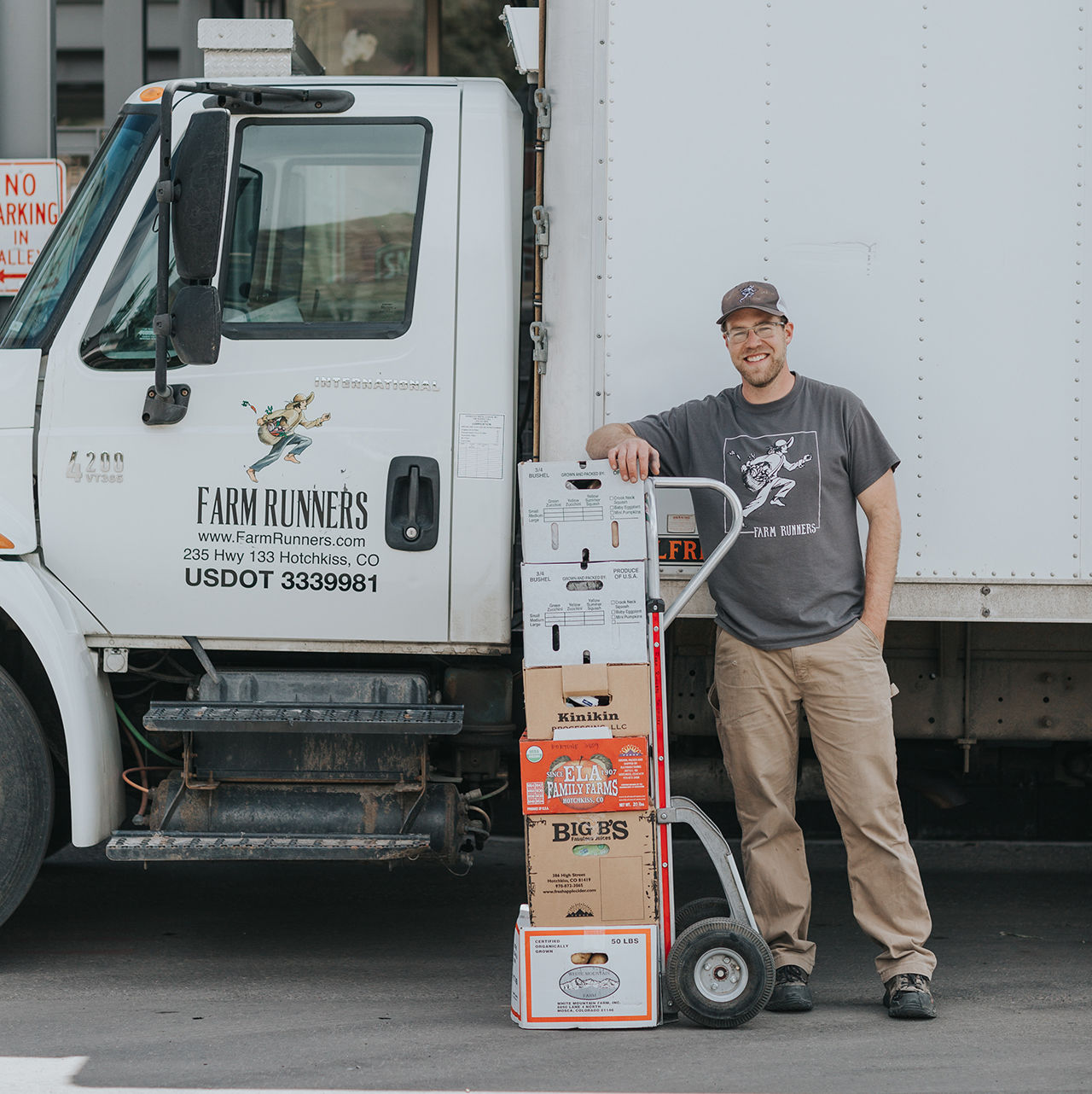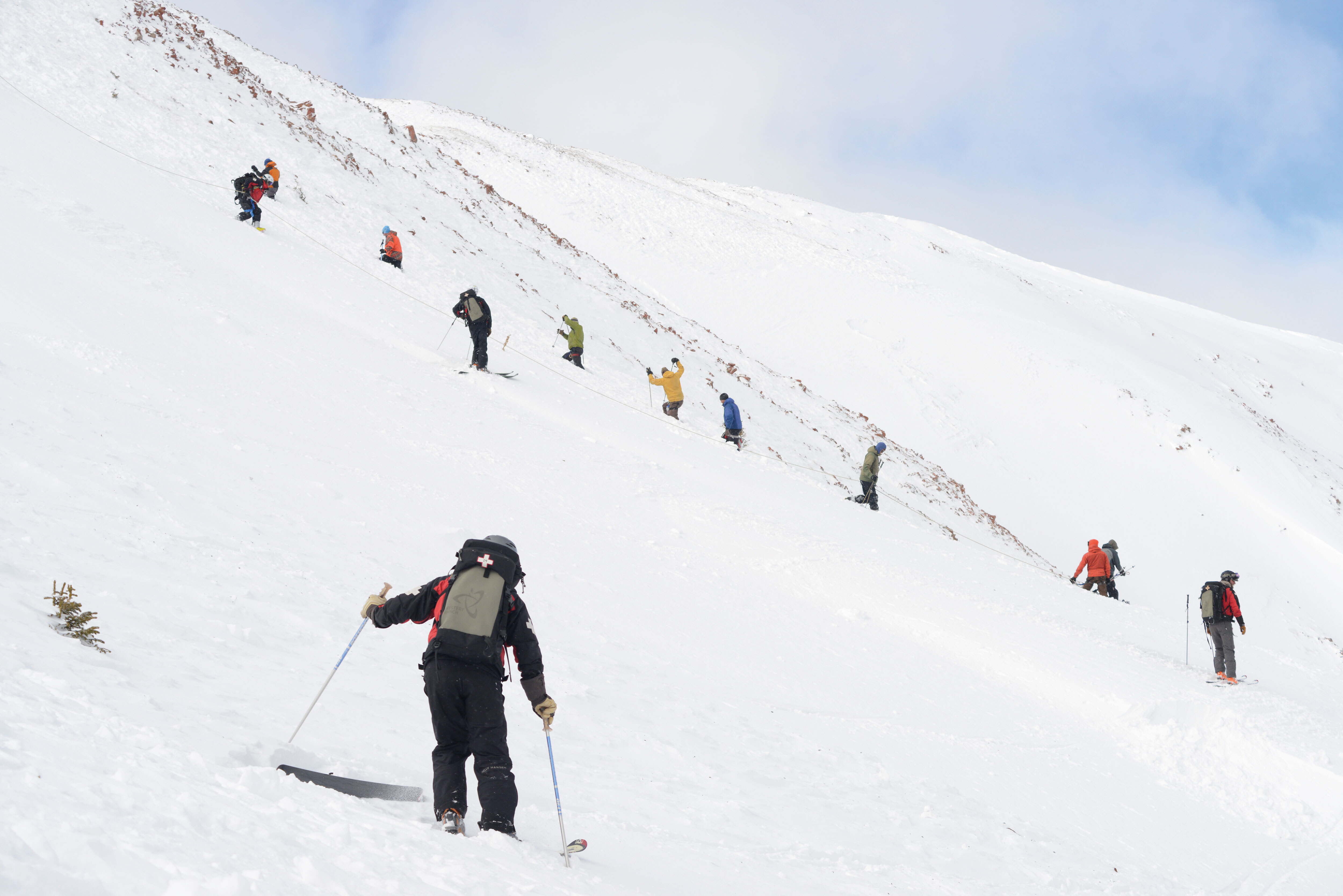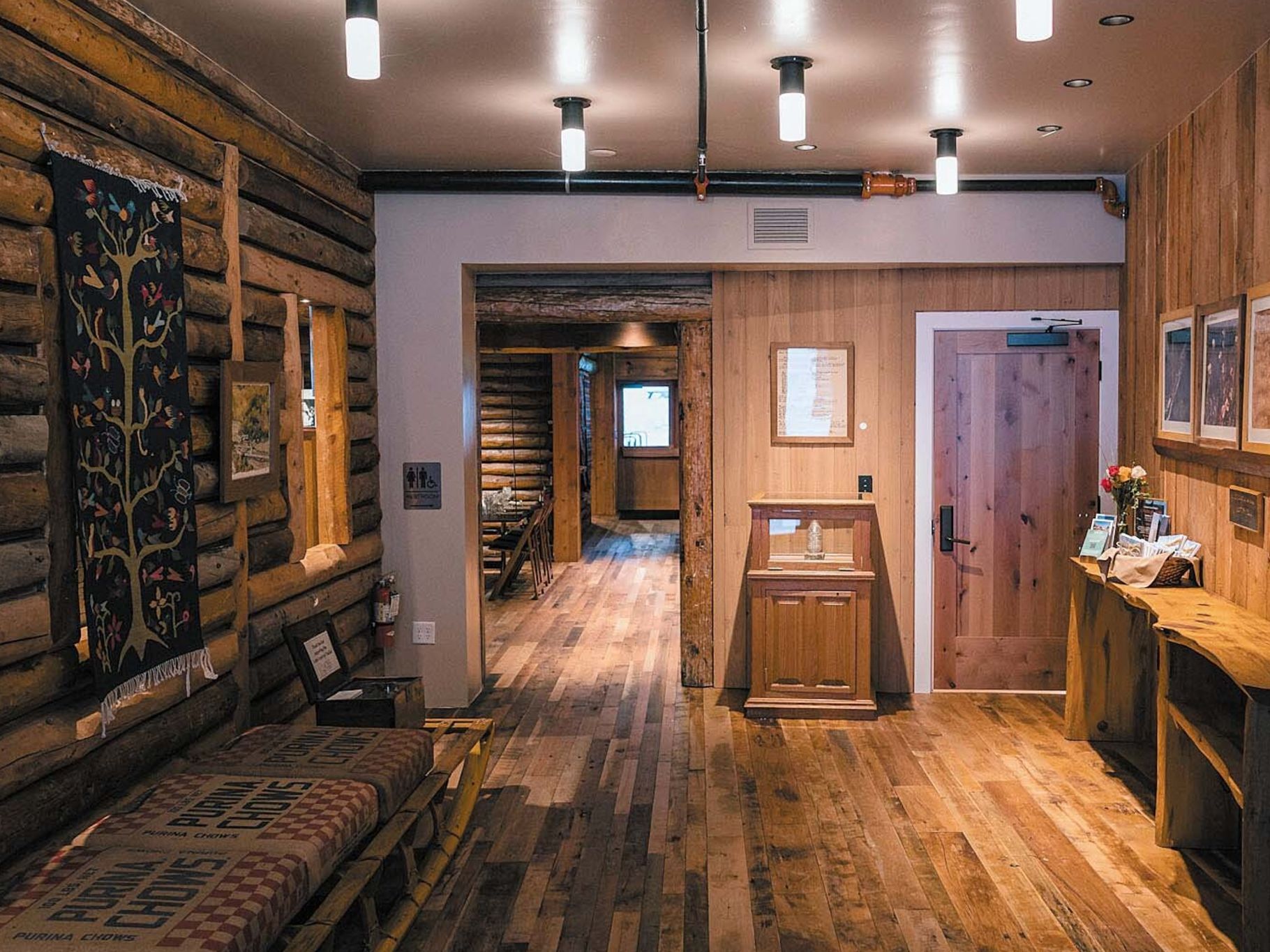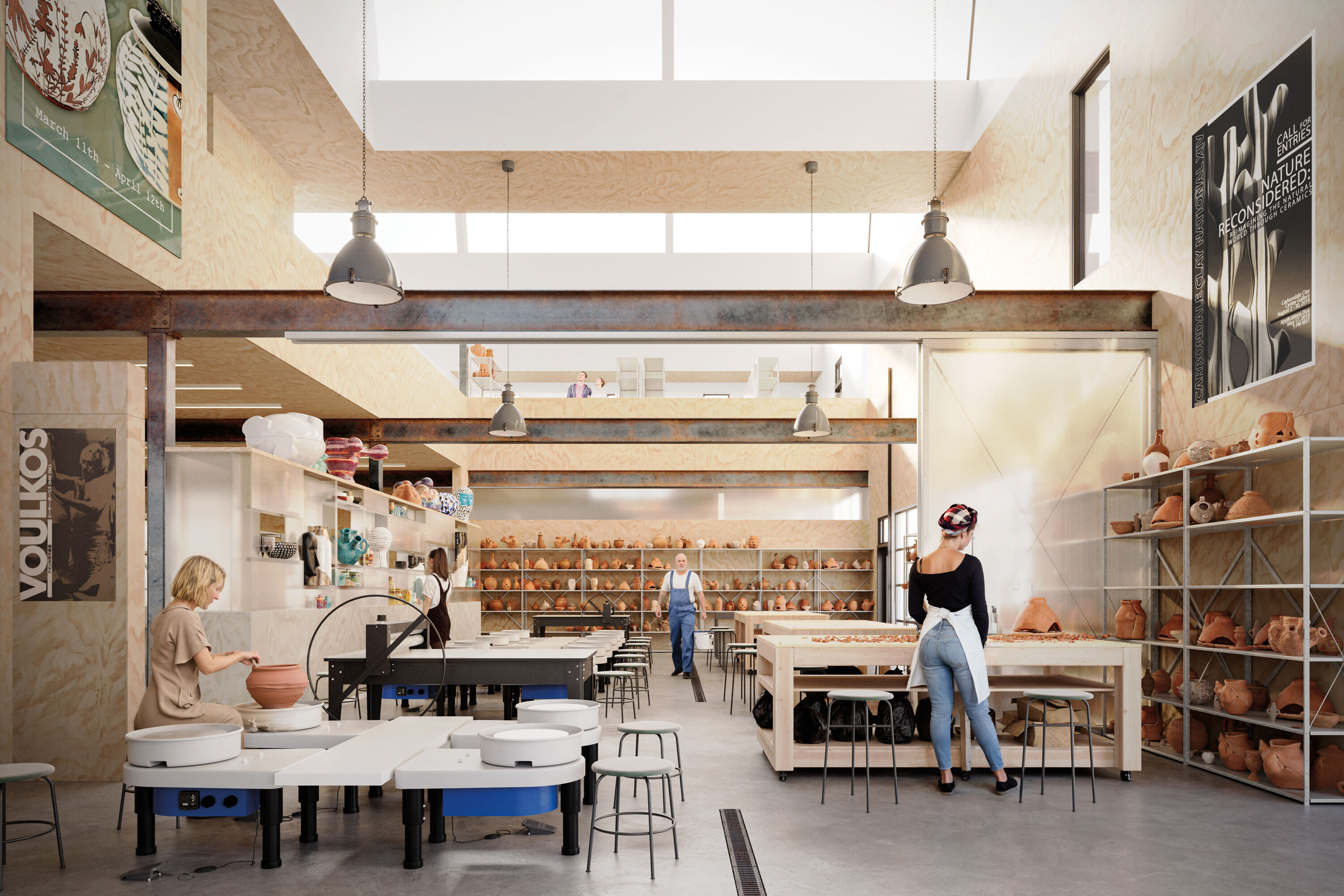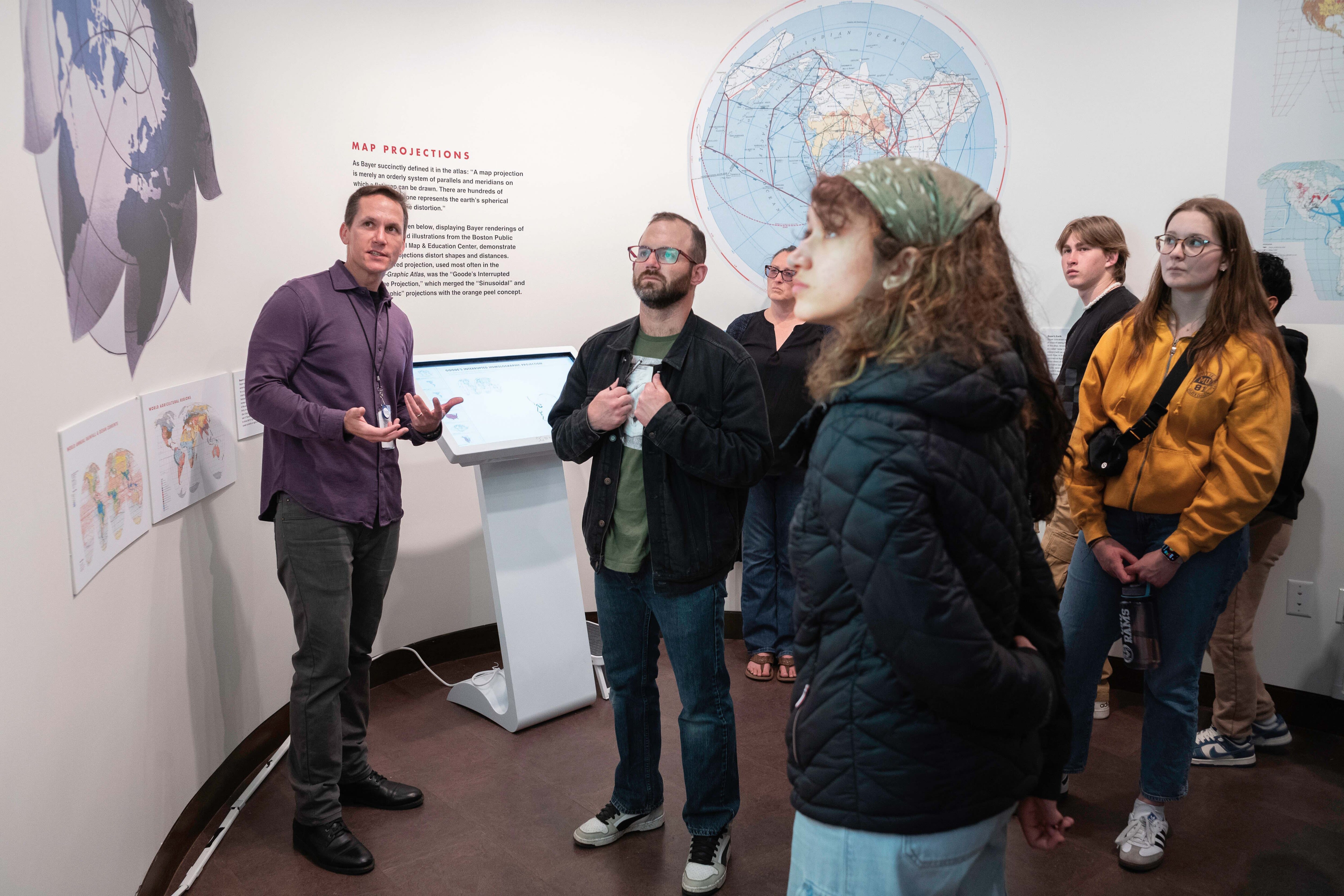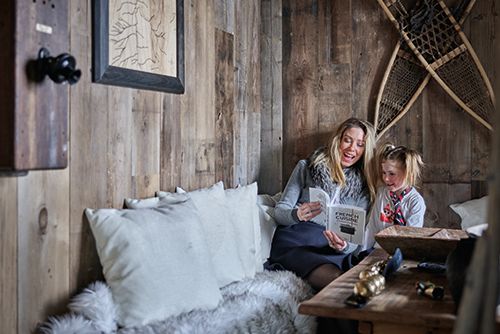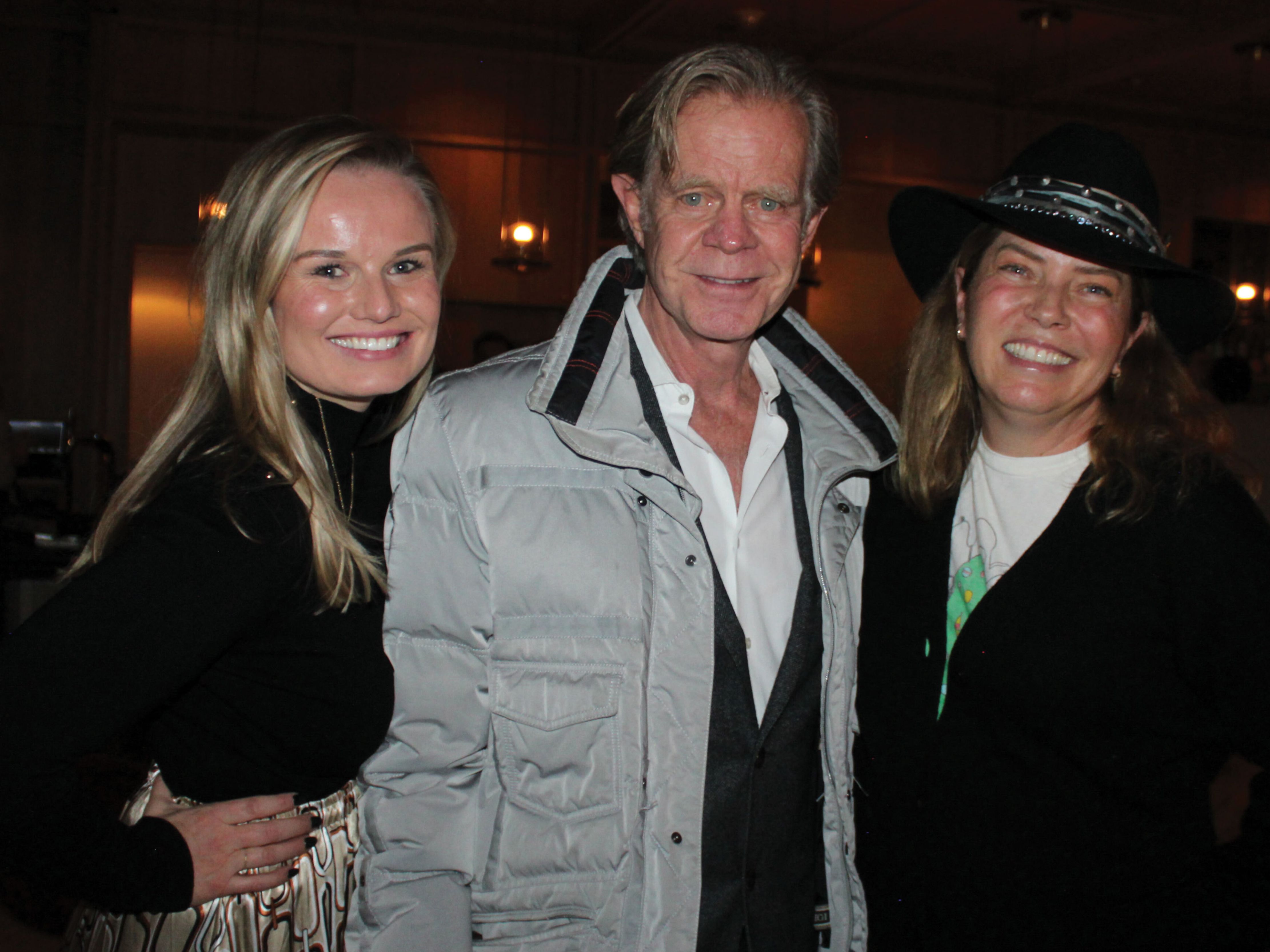Where to Find CSAs, Community Gardens, and Classes
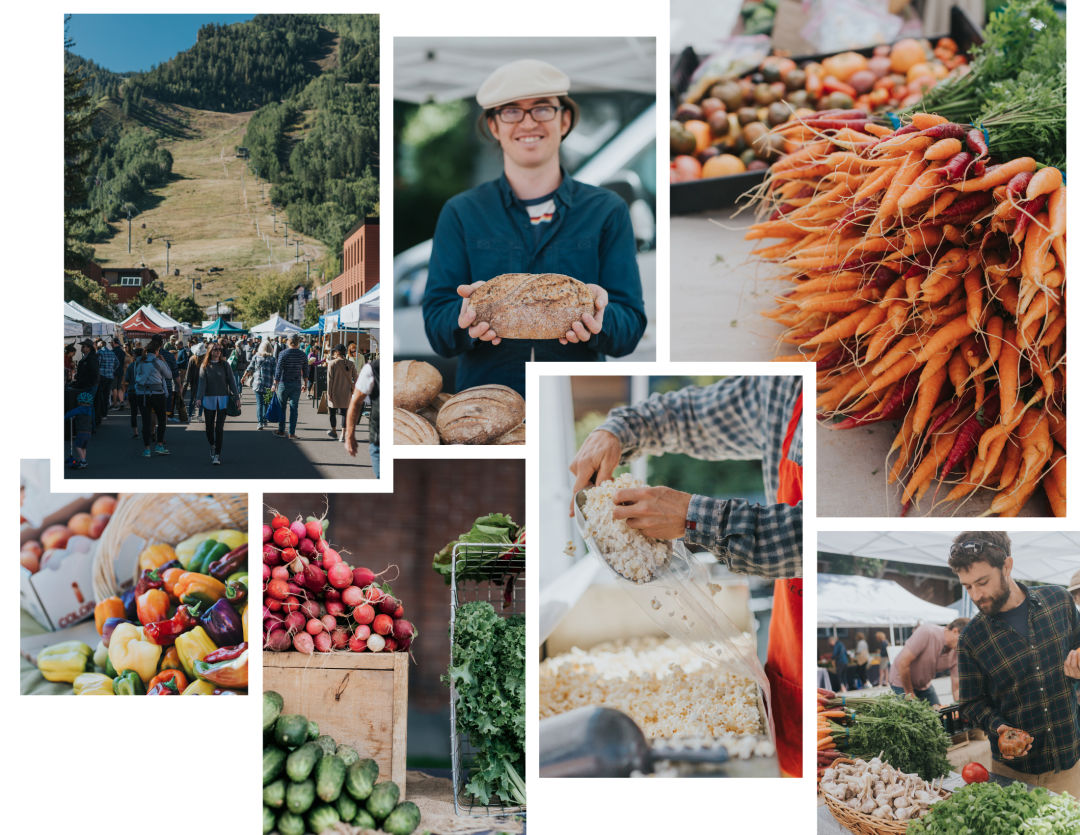
CSA (Community Supported Agriculture)
It may be midsummer, but it’s never too early to suss out next year’s CSA. Most farmers accept reservations (and deposits) at the beginning of the year, and some offer different CSAs to fit the seasons. These are some of the valley’s most robust options:
Erin’s Acres Farm
The Farm Collaborative
Rock Bottom Ranch
Sustainable Settings
COMMUNITY GARDENS
Don’t have the space to create your own Eden? These community plots can help you make the most of your green thumb. To note: there can be lengthy waitlists (get your name on there) and volunteer requirements (the better to meet your fellow planters), and some plants (e.g., mint, sunflowers, raspberries) may be prohibited. Do some research before buying seeds and a trowel. Once you get started, be a good neighbor, and keep your plot weeded and harvested throughout the season.
Aspen Community Garden
You might have to wait eons for a plot in the Marolt Open Space, but once in, you’ll become part of a club that reaches back to 1978. [email protected]
Basalt Community Gardens
Located near the high school, this garden asks that members give at least four volunteer hours to general maintenance during the season. Newcomers receive a garden orientation. $40 per 80-square-foot plot
Good Seed Community Garden
This Carbondale garden waived fees for the 2020 season. Note that invasive plants (dill, raspberries) and those that cast a lot of shade (sunflowers) are prohibited and that 10 percent of your harvest will be set aside for those in need.
Glenwood Community Garden
The garden sits on public land inside the Wulfsohn Mountain Park Open Space. Gardeners are encouraged to volunteer four hours during the season (or can opt out by paying $25). Plots are $20–$112
CLASSES
The valley has a bounty of courses you can take to learn about all things green, from basic gardening to mushroom cultivating. Try one of these to get started:
Jerome Osentowski at the Rocky Mountain Permaculture Institute teaches everything from soil building to forest gardening.
Come spring 2021, Joel Rayes of the Fungi Institute in Marble plans to offer in-depth courses on growing mushrooms, both for consumption and medicinal use.
From biodynamics to beekeeping to pruning fruit trees, Sustainable Settings’ workshops cover a lot of ground. Co-founder Brook LeVan personally teaches all of the biodynamic classes.
Turn your kids into earth lovers by signing them up for any number of interactive summer camps (like Honey and Hummingbirds or Natural Dyes and Berry Pies) at the Farm Collaborative.
